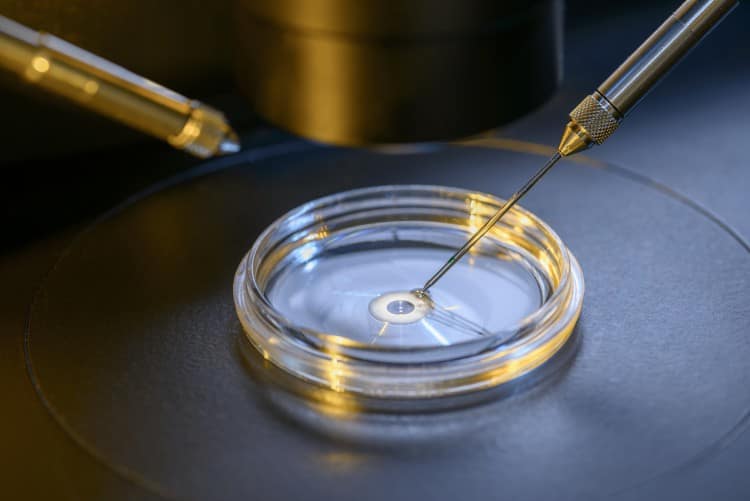
If you have experience with the struggle to conceive, you’re already familiar with the emotional upswings and downturns that can accompany the egg donation process. Yet, once the pregnancy is confirmed and you’re about to enter that uncharted territory, you may be a little nervous or unsure about what to expect in the days ahead.
For instance, you might be concerned that you won’t be able to fully enjoy your pregnancy, or that something will feel amiss for its duration. These notions are commonly felt by those who struggle to conceive and did not expect infertility, and is perpetuated and exacerbated by societal stigmas that surround an egg donor pregnancy. Yet, these anxieties can be quelled with a little research and a deeper understanding in exactly what to expect as you make this exciting journey forward. Here are a few considerations to keep in mind along the way.
The Health Aspect
From a health standpoint, your egg donor pregnancy should be just like any standard pregnancy would. At those important milestones, you’ll be able to check in on your baby’s growth development, learn his or her gender, hear the heartbeat, and monitor the weight. You’ll have access to all of this data and all of these thrilling measurements just as you would if you conceived on your own.
Likewise, get ready to feel the baby kick around, especially as he or she gets used to your voice. Your belly will grow and you’ll get that special bump that so many new moms look forward to. You’ll also be subjected to the same types of not-so-fun pregnancy symptoms that some women (though not all) experience, including cravings, morning sickness, swollen ankles and more.
So long as your egg donor was properly screened by a medical professional before the process began and was ensured to be in good health, there’s no reason to be concerned about the health of your baby outside of what any normal expecting parent would be. If you’re still in the early selection stages of this process, you can learn more about which women make the best kind of egg donors to lessen your anxieties and ensure you’re making the right decision.
The Question of Connection
Many new mothers experiencing an egg donor pregnancy might be concerned that they won’t feel the same special emotional bond with their child. A frequently expressed question is whether or not the baby will “feel” like theirs. While this is a valid inquiry, it’s usually attributed to over-thinking and over-analyzing the situation. The reality is that at the end of the day, you’re bringing a beautiful baby into a family that wanted it very much — so much so that it went to any measure required to get it there.
If you’re wondering whether or not you’ll bond with your child and when, if ever, this connection will take place, rest assured that you’re not alone in this worry. Even mothers who conceive naturally worry about bonding with their child, and this sentiment is felt both before, during and after the birth. It’s a building block of planning your family and one you’ll have to work through regardless of the route you took to conceive, so learn on family and friends and take all the time you need to assess and center your emotional health. If, once you deliver, you’re still struggling with feeling that emotional connection, it might be time to speak to your doctor about what you’re feeling. There’s no shame in admitting that struggle, and the route to working past it is often shorter and simpler than you think.
The Importance of Community
Throughout your egg donor pregnancy, you’ll be surrounded by medical experts armed with the knowledge and tools to help. It’s important to listen to and heed their advice, which will often center around taking great care of yourself and the new life growing within you. Once you achieve fertility, you might feel that your infertility community and resources are removed from you, but this is far from the case.
People from all family building stages are ready to offer support and a listening ear, and you can often find community groups that meet regularly to discuss fertility issues, reproduction concerns, new baby experiences, postpartum emotions, and more. These groups can be in person or even online and cater to myriad couple and partner types, so chances are there’s one for you that will fit perfectly.
Research local ones in your area and don’t hesitate to pay them a visit. Egg donor pregnancy or not, being a new mom can be a beautiful time, but it can also be stressful, so embrace those willing to talk about it and help, and offer that same support to someone else who might need it. After all, isn’t helpful spirit precisely what the very concept of an egg donor pregnancy embodies?
